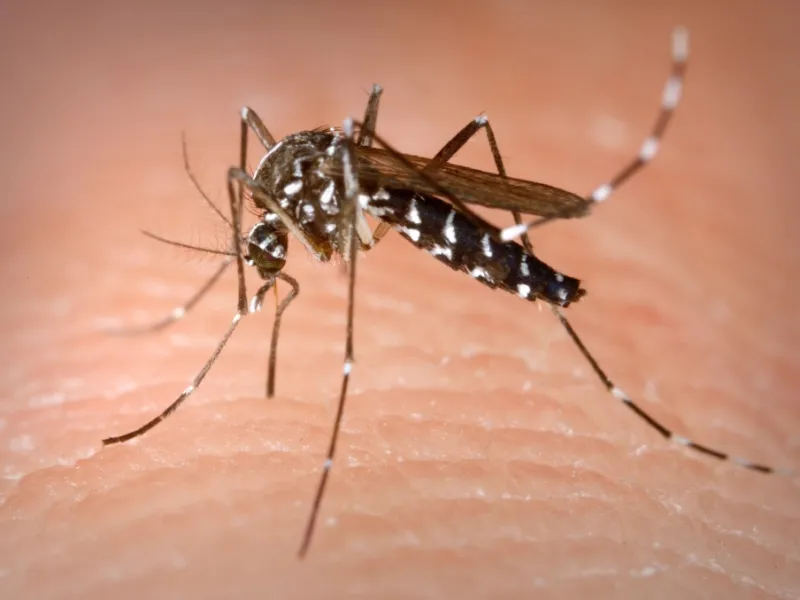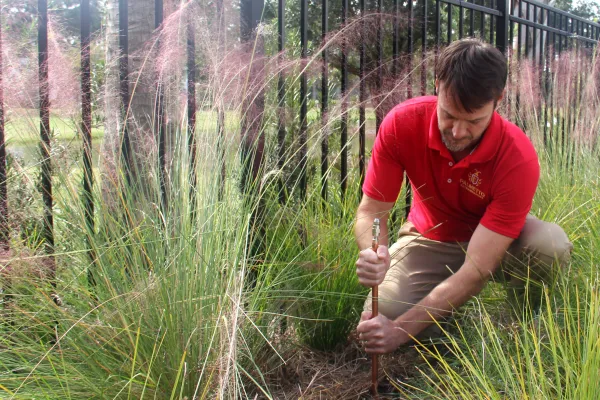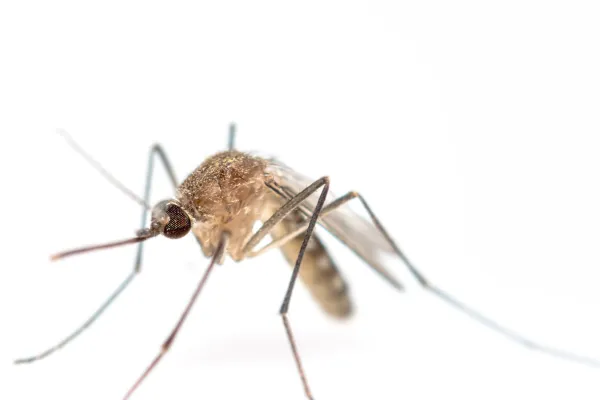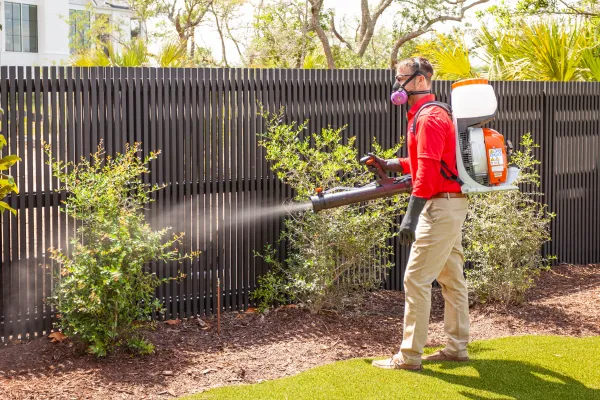Zika Virus in the US

On January 27th, the National Pest Management Association put out an industry-wide alert to pest control organizations like us about Zika Virus in the United States. Our offices have also been fielding some questions related to this new threat. While we are experts in the control of mosquitoes, we are not experts on the diseases they might carry. With that in mind, we have decided to post the NPMA's alert, in full, to help better inform our Palmetto pest control customers without sensationalizing it.
Industry Alert: Zika Virus in the U.S.
Overview and Speaking Points Prepared By the Professional Pest Management Alliance in collaboration with the National Pest Management Association
January 27, 2016
BACKGROUND
The news of Zika virus, a disease causing pathogen spread to humans through mosquito bites, being found in the U.S. is quickly gaining momentum and receiving national attention from the media as human cases are being confirmed in states across the country, including FL, TX, NY, NJ and more. In addition to the illness associated with the virus, there is great concern about the virus' potential effect in pregnant women as there is mounting evidence of a link to microcephaly, a congenital condition associated with incomplete brain development in infants.
The U.S. Centers for Disease Control and Prevention (CDC) has issued travel alerts for people planning to travel to countries and territories (in the Americas) with active Zika virus transmission. The CDC and the World Health Organization (WHO) have come out in force to promote public attention to this matter and in a statement from the White House, "The President emphasized the need to accelerate research efforts to make available better diagnostic tests, to develop vaccines and therapeutics, and to ensure that all Americans have information about the Zika virus."
PPMA has been working with the media over the last few weeks to do as much as we can to help educate communities about this new vector-borne concern. Below is a list of the coverage thus far that features quotes or information from Dr. Jorge Parada, medical advisor for NPMA and/or Dr. Jim Fredericks, chief entomologist and vice president of technical and regulatory affairs for NPMA.
- EveryDayHealth: 10 Essential Facts About The Zika Virus
- TampaBay.com (Tampa, FL): Here's What You Need To Know About The Zika Virus If You Are Living In Florida; Tampa Bay Times has also run several articles in print about Zika mentioning NPMA including one titled "Bugged About That Skeeter?" and another titled "Zika's Sting Turns Up In Hillsborough".
- New York Daily News(New York, NY): The Buzz On Zika, A Mosquito-borne Virus - Be Wary But Not Terrified
- Weather.com: Reporter interviewed Dr. Fredericks on January 26.
- Tallahassee Democrat (Tallahassee, FL): Reporter interviewed Dr. Parada on January 19.
- CBS New York Radio (New York, NY): Reporter interviewed Dr. Parada on January 22.
To be clear, as members of the pest management industry, we are NOT experts in discussing the virus, nor can we speculate on its potential to spread. However, we ARE experts in mosquitoes and effective mosquito control and can help by educating the public on how to avoid contact with mosquitoes, both while traveling and at home, and how to eliminate mosquito breeding grounds and reducing biting mosquito populations by working with a pest control professional here in the U.S. As you may begin to receive questions about this from your employees, your customers and the local media, please use this Industry Alert to ensure we are sharing accurate information and speaking together with a unified voice.
We are also sharing information with our members in Puerto Rico and Europe regarding this issue.
NPMA STATEMENT
The National Pest Management Association is monitoring the situation closely and is working to help educate the American public about ways in which they can avoid personal contact with mosquitoes and how to eliminate mosquito breeding grounds to reduce biting mosquito populations here at home. Mosquitoes are often considered the most dangerous animal in the world and the mosquito species that transmit Zika virus are the same mosquitoes that transmit chikungunya and dengue. We are urging the public to pay close attention to this matter and to learn more about how to protect themselves from coming into contact with mosquitoes and to help reduce mosquito populations by eliminating sources of stagnant water around the yard and in their communities.
GENERAL TALKING POINTS
How is Zika virus transmitted?
Zika virus is spread through the bite of an infected Aedes genus of mosquitoes, which is the same mosquito species that carries dengue fever and chikungunya. Aedes aegypti mosquitoes are the primary carriers, but Aedes albopictus mosquitoes, also known as the Asian tiger mosquito, might also transmit the virus.
Where is Zika virus found?
The growing pandemic is currently present in South and Central America. Please reference the CDC's Travel Alerts for more information on areas of concern. There have also been reports of Zika virus cases in Illinois, Florida, Texas, New York and more, but all of the individuals obtained the disease while traveling to countries where Zika virus is endemic
What are the chances of an outbreak in the United States?
While we can't speculate on the virus and its potential to spread, it is better to be prepared and practice vigilance in mosquito control by protecting yourself from coming into contact with mosquitoes and by eliminating breeding grounds at home should there begin to be cases of local transmission here in the United State. So far, all human cases reported in the U.S. have resulted from travel abroad.
How can I prevent mosquitoes?
- Most counties have a mosquito abatement program in place to minimize the local population and help keep the public safe. These programs typically involve trapping mosquitoes in different areas and testing them for known pathogens. This helps monitor the spread of diseases and warn the public of risks in the area. County programs may also include plans for periodic spraying or fogging to eliminate adult mosquitoes.
- Eliminate areas of standing water around the home such as flowerpots, birdbaths, baby pools, grill covers and other objects where water collects. Mosquitoes lay their eggs in water where the larvae develop and need only about 1/2 inch of water to breed.
- Screen all windows and doors. Repair even the smallest tear or hole.
- Minimize outside activity between dusk and dawn, when the majority of mosquitoes are most active.
- If you must spend time outdoors during peak mosquito times, or when you will be outdoors for extended periods, wear long pants and sleeves and use an insect repellant containing DEET, picaridin or oil of lemon-eucalyptus.
- It is especially important to wear effective insect repellents and protective clothing if traveling outside the U.S. Mosquito-borne diseases that may be rare in the U.S. are common in many foreign countries.
- If you are concerned about mosquito activity on your property, contact a pest management company or your local health department.
OTHER RESOURCES
- PestWorld.org: Zika Virus: What You Need to Know
- CDC: Zika Virus
- WHO: Zika Virus
- JAMA: The Emerging Zika Pandemic




